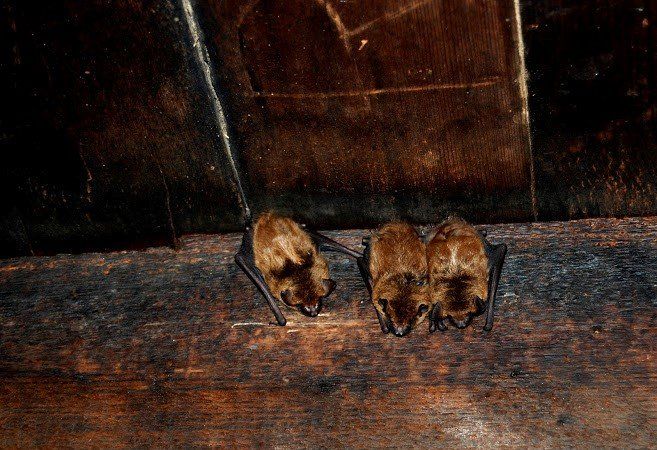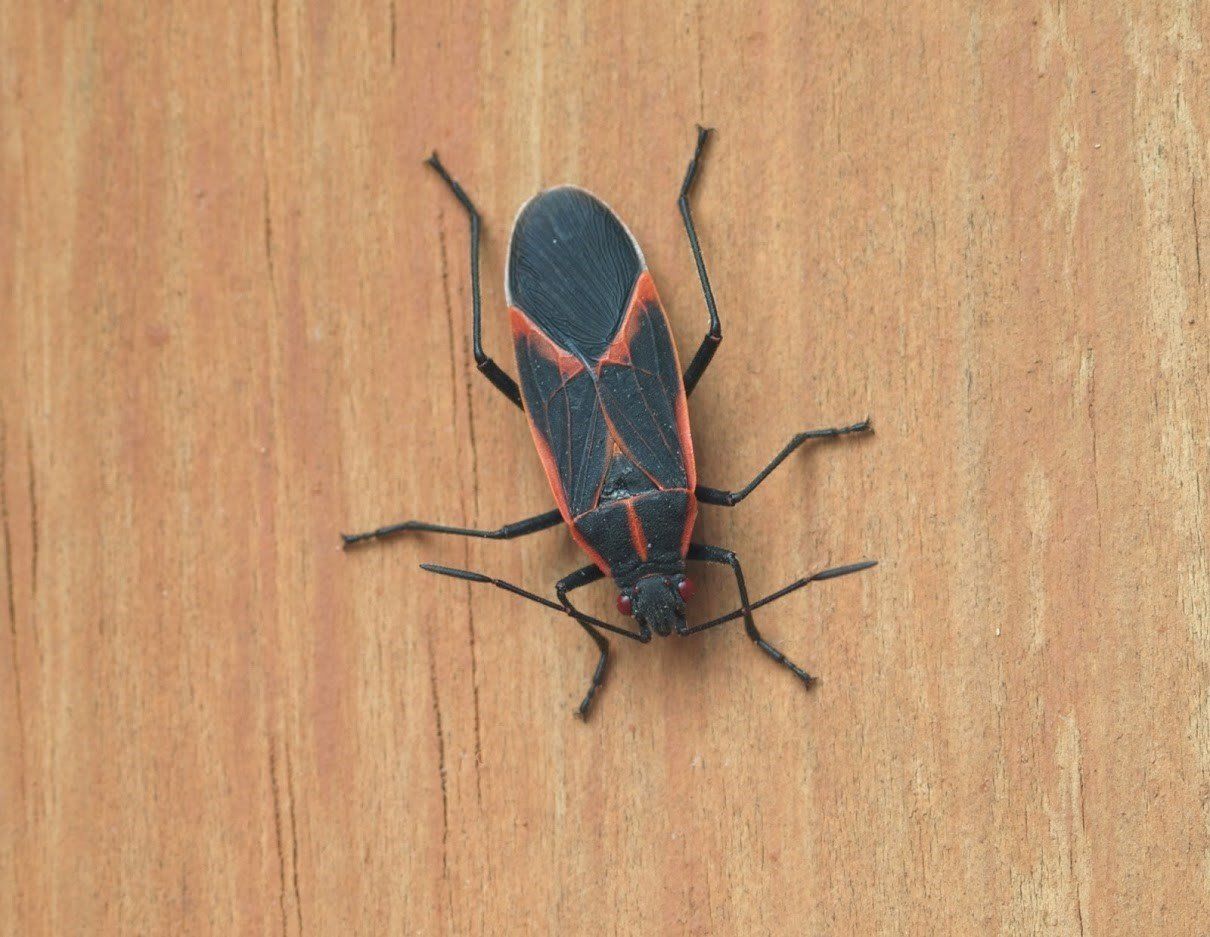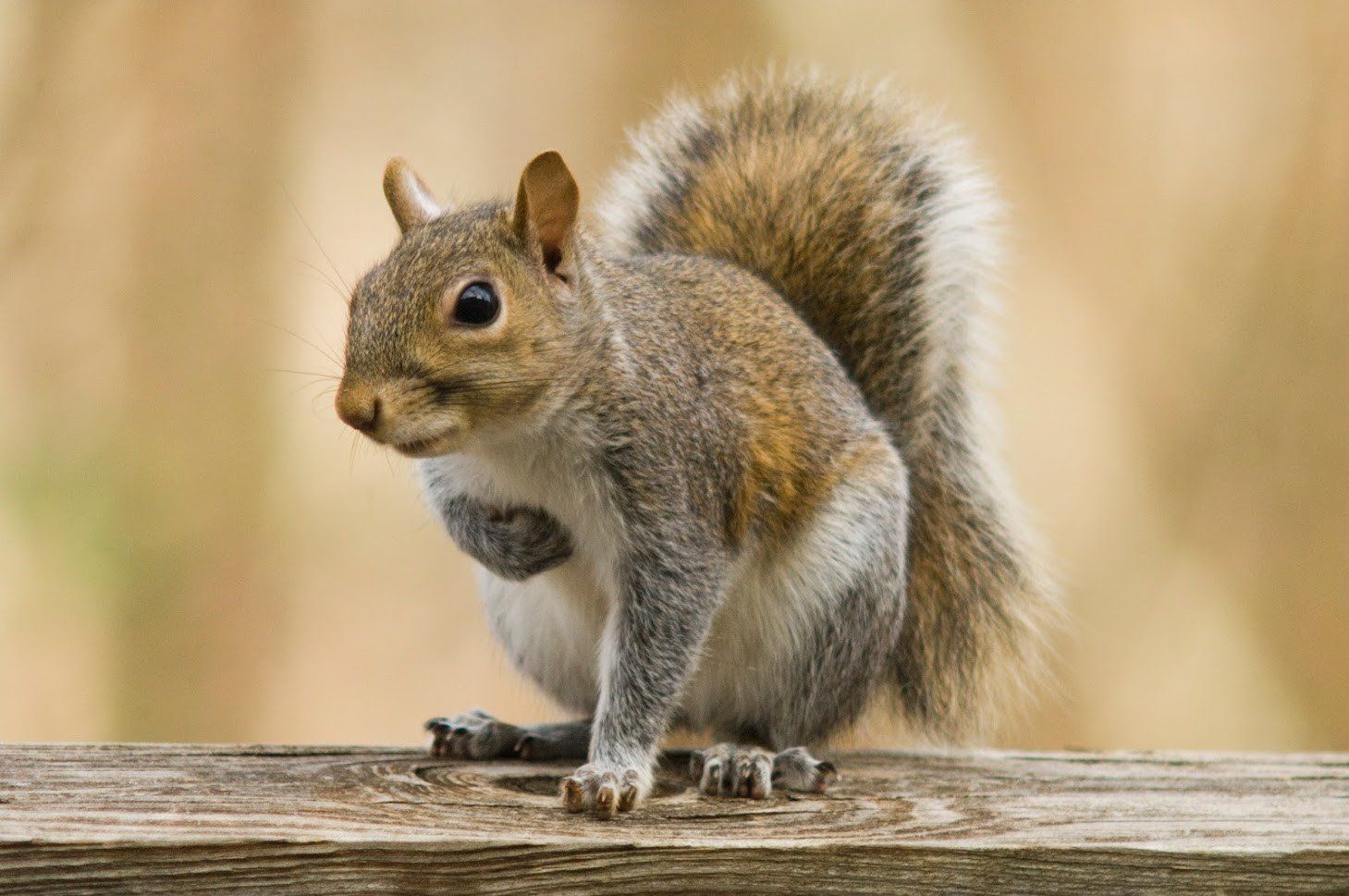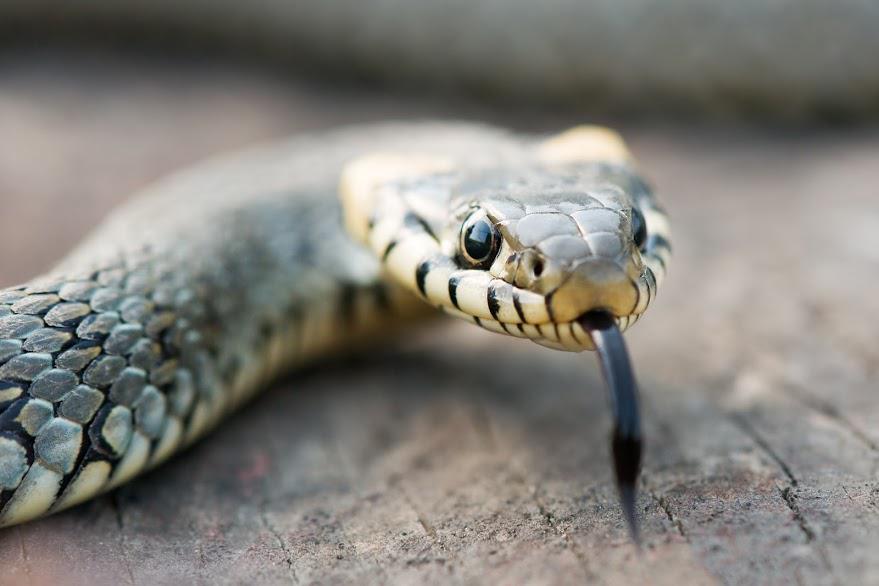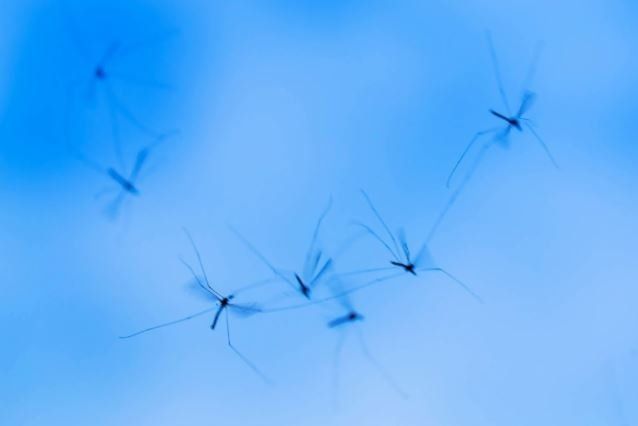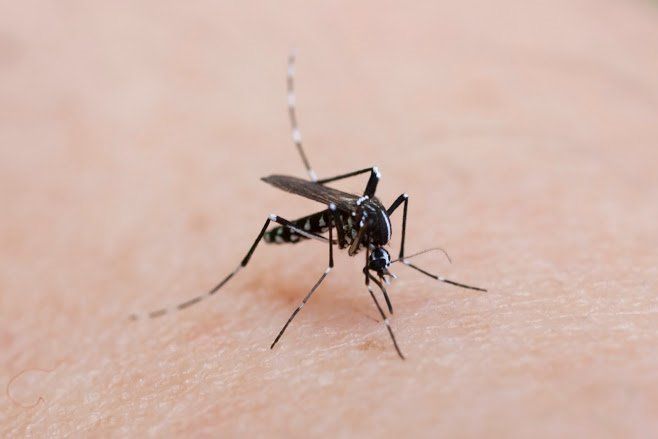How to Protect Your Residential Gardens From Rodents
Admin • October 9, 2019

Your home and residential gardens are precious possessions. To take full advantage of the garden possibilities of your property, research the flora and foliage that thrive in your location and plant them in a garden. These plants will enhance the look of your property and attract attention from neighbors and visitors.
You can also plant vegetables and fruits that are beautiful to see, delicious to eat, and unavailable in stores and farmers markets. However, these flowers and vegetable plants will also attract the attention of local wildlife. Rodents such as mice and rats will see and smell the plants in your gardens and come to your property.
To protect your home and garden from local rodents, you must be vigilant and get rid of them as soon as you see evidence of their presence. Here are some things you can do to protect your home and residential gardens from invasive rodents.
Trim and Prune Ornamentals Often
When you plant ornamentals in your yard, keep them maintained and trimmed often. Do not let the leaves, flowers, and branches of your ornamentals touch the ground. This will keep rodents from hiding in them to eat their leaves, berries, and buds.
Build Raised Garden Planters
To protect small flowers and foliage, plant them in raised garden planter boxes with good drainage. This will protect these small plants and allow them to grow and flourish.
The planter boxes will also keep rodents from eating the small plants as they like to remain hidden and will hesitate to jump onto the boxes.
Fence Your Vegetable Garden
To protect your vegetable garden from rodents, surround it with a fence. Use upright wood pilings to hold the fencing material in place.
When you install the fence, imbed at least five inches of it into the soil to prevent rodents from going under the fence to reach the garden.
Harvest Your Gardens Often
Harvest the vegetables and fruits in your garden as soon as they are ripe. Pick up any fallen vegetables and fruits and rake fallen leaves from the base of the plants each day.
This will eliminate the smell of ripe fruits and vegetables in your gardens and deter rodents from the area.
Grow Peppermint Plants
Grow peppermint plants throughout your property. Rodents do not like the smell of peppermint as it is a potent menthol that irritates their nasal cavities.
To be most effective, grow the peppermint plants around the property line to keep rodents from entering. If you cannot grow peppermint plants in your location, make a peppermint oil spray to sprinkle on your property border.
To make a peppermint oil spray, mix two teaspoons of the peppermint oil with one cup of water and then add a few drops of dish detergent. Spray this mixture wherever you see rodents in your garden.
Get a Cat
Cats are effective hunters and are great at chasing and catching rodents. As a deterrent to mice and rats in your gardens, get a cat and allow it to have full access to your property.
To keep your cat safe and secure, build a wooden fence around your property that is at least five feet tall. At the top of this fence install flexible netting that is angled 45 degrees into your property. This will prevent your cat from escaping.
Despite all of your efforts, you may be still be plagued with mice and rats if they are plentiful in your location. To successfully rid your residential property of invasive rodents, contact Anteater Pest Control, Inc. Our technicians will remove rodents and insects from your property on an ongoing schedule appropriate for your gardens and continue to eliminate them throughout the year.
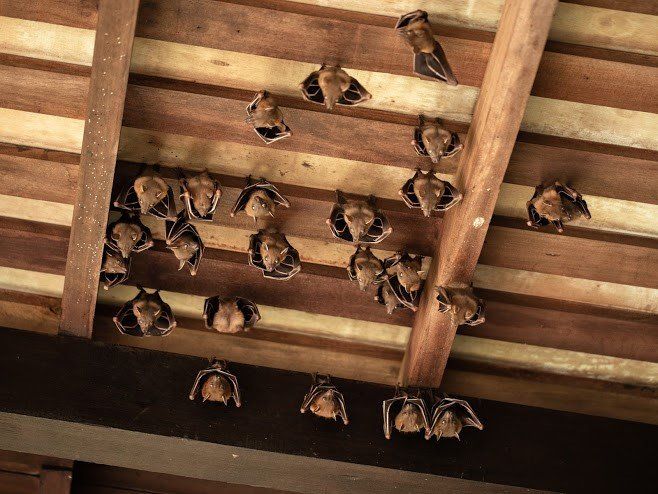
Bats can be cute when you see them in nature, but inside your home, they are more than just a nuisance. Bats can carry deadly diseases, like rabies, which means that if you have a bat, you need to take steps immediately to solve the problem. Removal Options Removal is best left to a professional due to the risks involved. Single Bat A single bat may get into the house through an open window or the chimney. The good news is that this usually is a one-time event and you don't have an infestation. The best course of action is to remove pets and people from the room with the bat, open all of the windows in the room, and then close off the room so the bat can't get into the rest of the house. With luck, the bat will find a window and leave. If you must handle the bat, wear gloves and do not touch the bat directly. The safest option is to call in a pest service if the bat doesn't leave on its own. Roosting Colony Sometimes your home provides the perfect place for daytime roosting. Little-used attics are most at risk, but bats may also colonize crawlspaces, spaces in your walls, or outbuildings. You should not try to remove an entire colony of bats on your own. A pest professional that is aware of local and federal wildlife laws should be called in to trap and remove the bats. Prevention Tactics Once you are free of the bats, your next step is to ensure that they cannot return. Exclusion If a bat can't get into your home, you can't have a bat problem — which is why exclusion is your main goal. Your pest service will inspect your home and find the likely entry points that the bats are using. You can also watch your home during the twilight hours to find where the bats are emerging. Once you know the likely entry points and have had all bats removed from the house, you can seal up the openings so the bats can't regain access to your home. Alternative Dwellings If you live in an area with a high bat population or would simply like to keep these beneficial insect-eaters nearby, then providing alternative dwelling options can be just the ticket for diverting bats away from your home. You can buy or build simple bat boxes. These boxes are typically attached to trees or poles to provide a more attractive roosting space for the bats. Cleanup Safety Bats are not clean animals. If a bat has been roosting in your home, then you will have droppings (called guano) and urine to deal with. Guano Sanitation Bat guano can carry histoplasmosis, a fungal spore that can cause a chronic respiratory disease. If you must try to clean up on your own, you need to cover all of your skin, wear gloves and eye protection, and use a respirator mask. All debris must be cleaned up and all surfaces must be sanitized with a bleach solution. Professionals will also use a HEPA vacuum, which has a strong filter that ensures none of the possible fungal pathogens remain in the air. Dead Bat Removal Extreme caution is necessary if there are dead bats in your home. Conditions like rabies can still be transmitted from dead animals. Wear gloves and do not touch the bat directly if you attempt to remove it yourself. The area where the bat was found must also be completely sanitized with a bleach solution. For more assistance with a bat in the home, contact Anteater Pest Control, Inc.

